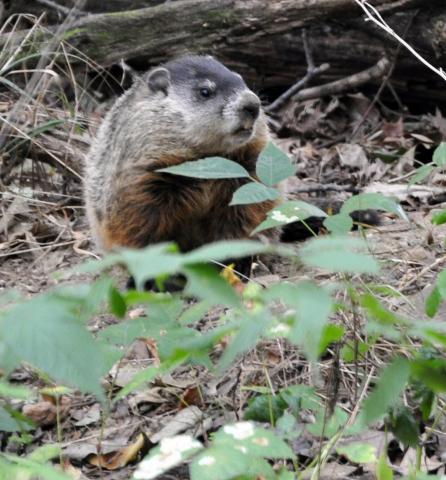State specific info - Delaware - Woodchuck
The woodchuck or groundhog is unprotected in Delaware, and may be hunted, trapped, caught, shot, killed, sold, shipped or otherwise disposed of, by any person and at any time. State and local firearms ordinances apply.




